40% Say Election Has Hurt a Close Relationship
A lot of Americans have hard feelings after last November's presidential election.

A lot of Americans have hard feelings after last November's presidential election.

With the luxury of a little more time since Election Day, we’ve taken a closer look at how we did pollwise relative to 538, RealClearPolitics and Huffington.
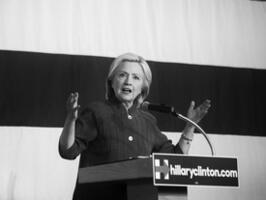
In the aftermath of one of the most stunning electoral upsets in U.S. history, Democrats have been searching for reasons why their candidate Hillary Clinton lost to Republican Donald Trump. Most voters agree it was the candidates themselves who decided the election, but a sizable number blame Clinton's loss on outside factors, primarily the FBI’s pre-election announcement that it was reopening its investigation of her.

Democrats, still searching for a reason for Hillary Clinton’s surprise defeat, now blame the Russians, but other voters don’t see it that way.

Rasmussen Reports told you all along that it was a much closer race than most other pollsters predicted. We weren’t surprised Election Night. They were. Now Real Clear Politics has posted the final results, and look who came in second out of 11 top pollsters who surveyed the four-way race.
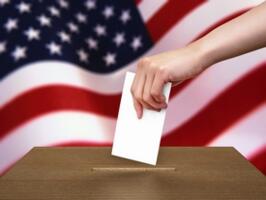
Most Democrats welcome a presidential vote recount in three key states; most Republicans and unaffiliated voters do not. But the majority of voters in all three groups think a recount is unlikely to reverse Donald Trump’s victory. (To see survey question wording, click here.)
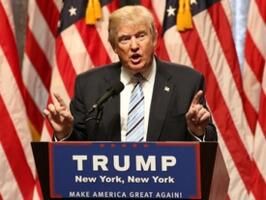
He may have been the outsider candidate elected on a promise to “drain the swamp” of Washington, DC, but voters are more concerned president-elect Donald Trump will try to make too many changes than too few.

Rasmussen Reports’ final White House Watch daily tracking poll survey was posted Monday morning. It showed Democrat Hillary Clinton with a two-point advantage over Republican Donald Trump – 45% to 43%. To be precise, it was Clinton 44.8% to Trump 43.1%, a difference of 1.7%.
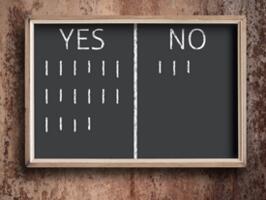
Most voters are confident in the outcome of last week's election, but few trust the media coverage that led up to it.
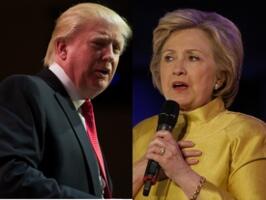
Maybe it was lucky for Donald Trump that he was running against Hillary Clinton or he wouldn't be president-elect today.
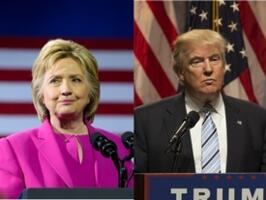
Most voters are reassured by the first post-election speeches President-elect Donald Trump and Hillary Clinton gave, but Democrats are apparently in a less forgiving mood.

Pulse Opinion Research conducts the field work and provides the methodology for all Rasmussen Reports surveys. Pulse did a number of state tracking surveys during the presidential election season for the Alliance of Automobile Manufacturers and the Entertainment Software Association.
Here’s the Auto Alliance’s analysis of those survey results.
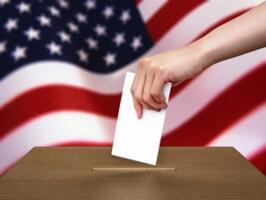
With Hillary Clinton holding a 0.9% lead over Donald Trump in the popular vote, 2016 appears to be the fourth time in U.S. history that the president-elect lost the overall vote but won the Electoral College to take the White House. Even before the election results came in, a majority of voters said the Electoral College needs to go.
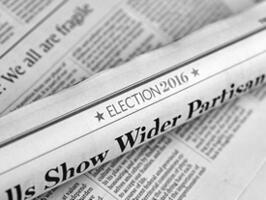
Voters are pretty critical of the news coverage they got this election cycle, particularly those who relied on social media.

Voters tend to think both presidential candidates ran mostly negative campaigns this year but feel President-elect Donald Trump's was far more negative than Hillary Clinton’s.

While most voters said the candidates’ policy positions were more important than their character, voters still place it high on the list of issues that influenced their vote in the presidential election.
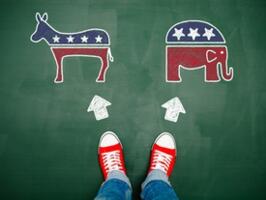
Voters were a lot less certain how they were going to vote this year compared to the last two presidential elections, with one-in-four waiting until the final week to make up their minds.
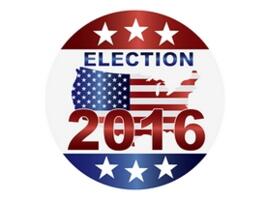
After months of bitter campaigning, decision day is finally here. So which issues are driving voters’ decisions this presidential election year?
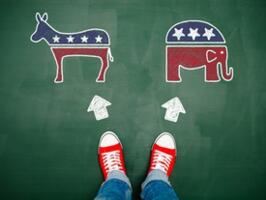
Voters claim the issues count more than a candidate's character, but most think this year's presidential election will be decided by the controversies that have dogged the candidates and not their policy positions. But then most also don't consider their fellow Americans to be informed voters.

Voters are slightly more convinced that Democrat Hillary Clinton knows more than Republican Donald Trump where she wants to lead the country. But like most issues this political season, it depends on which party’s voters you ask.